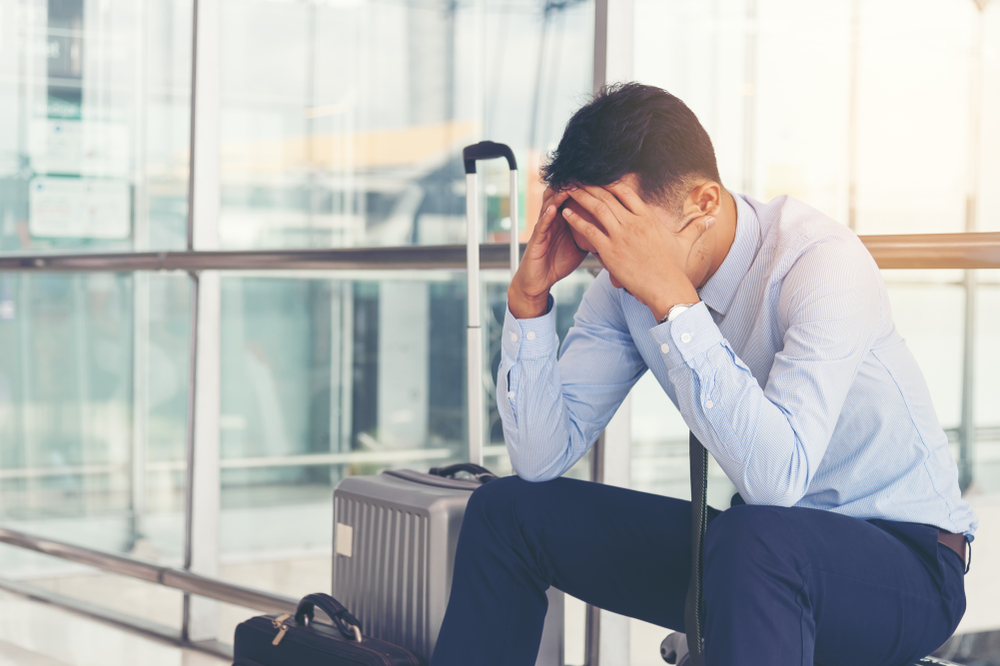How companies can protect mental health of business travellers
Contributors are not employed, compensated or governed by TDM, opinions and statements are from the contributor directly

The mental health of business travellers is by far the most commonly ignored subject despite the challenges faced by these travellers.
Most individuals and organizations that they represent are now opening up and acknowledging the negative effect that business travel has on their mental health. In terms of its magnitude, almost half of the business travellers experience alteration of their mood during travel that influences their daily conduct, both, personal and professional. The most common types of mental illness prevalent amongst business travellers are depression followed by stress and anxiety.
Business travel can be a stressful endeavour for most executives, especially with all the deals and meetings that take place during the journey. Being mentally and physically prepared for each business travel requires a specific routine to achieve productive and successful business deals.
A study on ‘Keeping international business travellers healthy, happy and engaged at home and away’, commissioned by International SOS Foundation, a not for profit organization explores the subject and highlights the key challenges and potential solutions. The study shows that many organizations are not set up to deal with the issues at large: 61% of organizations do not have resources for mental health support and 60% do not have a wellness program in place at their company.
As workplace mental health issues become the topic of prime importance on the corporate agenda, it is increasingly essential for organizations to consider the complete well-being of our workforce. From short-term travel to long-term travel, pressures can be particularly acute for the mobile workforce.

To foster business productivity and fulfil the Duty of Care in a sustained way, organizations need to understand how they can protect the mental health and physical wellbeing of their employees while travelling.
- If organizations do not have a wellbeing program or policy in place, taking the time to review this and factor mental health support into it as a priority is recommended.
- It’s imperative to understand the challenges posed by travel. Businesses should consider sensitization on different needs for those who are regularly travelling for business and those who take assignments abroad.
- Business traveller issues can be circumnavigated with access to appropriate support – access to those trained to deal with the psychological fallout of travel or, in the worst-case scenario, exposure to traumatic events like major road accidents, or even terror events.
- International assignees, even the most seasoned can be put under huge amounts of stress due to their remoteness from their support system, ability to talk to new colleagues or even the sheer newness of their environment. Consider pre-checks to assess the appropriateness of an environment for an assignee, or uncover pre-existing mental health issues that could be aggravated in a new environment.
Mental health is now beginning to receive its due attention today. The concern is highlighted by the rising fears of the negative outcomes and effects of declining mental health. A concerted effort to enable raising awareness amongst the senior leaders and business travellers followed by implementing appropriate mitigation steps are seen to recipe for containing the impact mental health issues amongst employees and business travellers.


Comments are closed.